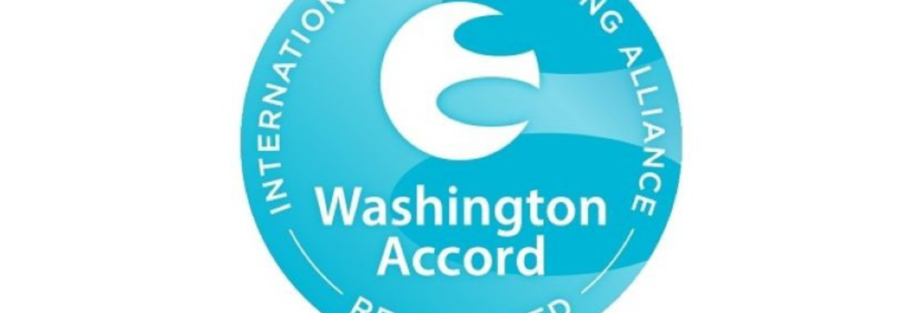The Washington Accord is an international agreement among engineering accrediting bodies that establishes mutual recognition of engineering qualifications. It promotes the mobility of professional engineers across borders by recognizing the substantial equivalence of their qualifications. Let’s explore the roles of Chartered Engineers and Professional Engineers in the context of the Washington Accord:
Chartered Engineer (CEng): In countries that participate in the Washington Accord, a Chartered Engineer is an engineer who has met specific educational and professional requirements and has been awarded the Chartered Engineer status by a recognized engineering institution. The role of a Chartered Engineer is to demonstrate a high level of technical competence, expertise, and professionalism in their engineering practice. They typically have a broad understanding of engineering principles and are capable of undertaking complex and challenging engineering projects.
Within the Washington Accord, the qualification of Chartered Engineer is widely recognized and accepted among participating countries. This recognition allows Chartered Engineers to have their qualifications and competencies acknowledged when seeking employment or professional opportunities in other countries that are signatories to the Washington Accord.
Professional Engineer (PE): The term “Professional Engineer” can have different meanings in various countries, but generally, it refers to an engineer who has obtained the necessary educational qualifications, practical experience, and licensing or registration to practice engineering in a specific jurisdiction. A Professional Engineer is typically authorized to take legal responsibility for engineering projects, including signing off on design plans, ensuring compliance with regulations, and ensuring the safety and integrity of engineering works. The Washington Accord recognizes the qualifications and competencies of Professional Engineers in participating countries. This recognition allows Professional Engineers to have their credentials and professional standing acknowledged when seeking employment or licensure in other countries that are part of the Washington Accord.
Both Chartered Engineers and Professional Engineers play crucial roles in engineering practice and infrastructure development. They bring technical expertise, adhere to professional codes of conduct, and contribute to the advancement of engineering knowledge. Their roles include project management, design and analysis, regulatory compliance, quality control, risk assessment, stakeholder engagement, and sustainability considerations.
The Washington Accord facilitates the global recognition of these engineering qualifications, enabling Chartered Engineers and Professional Engineers to work across borders, share best practices, and contribute to international engineering projects. This collaboration enhances the exchange of knowledge and expertise, promotes professional mobility, and contributes to the global advancement of engineering practice.



